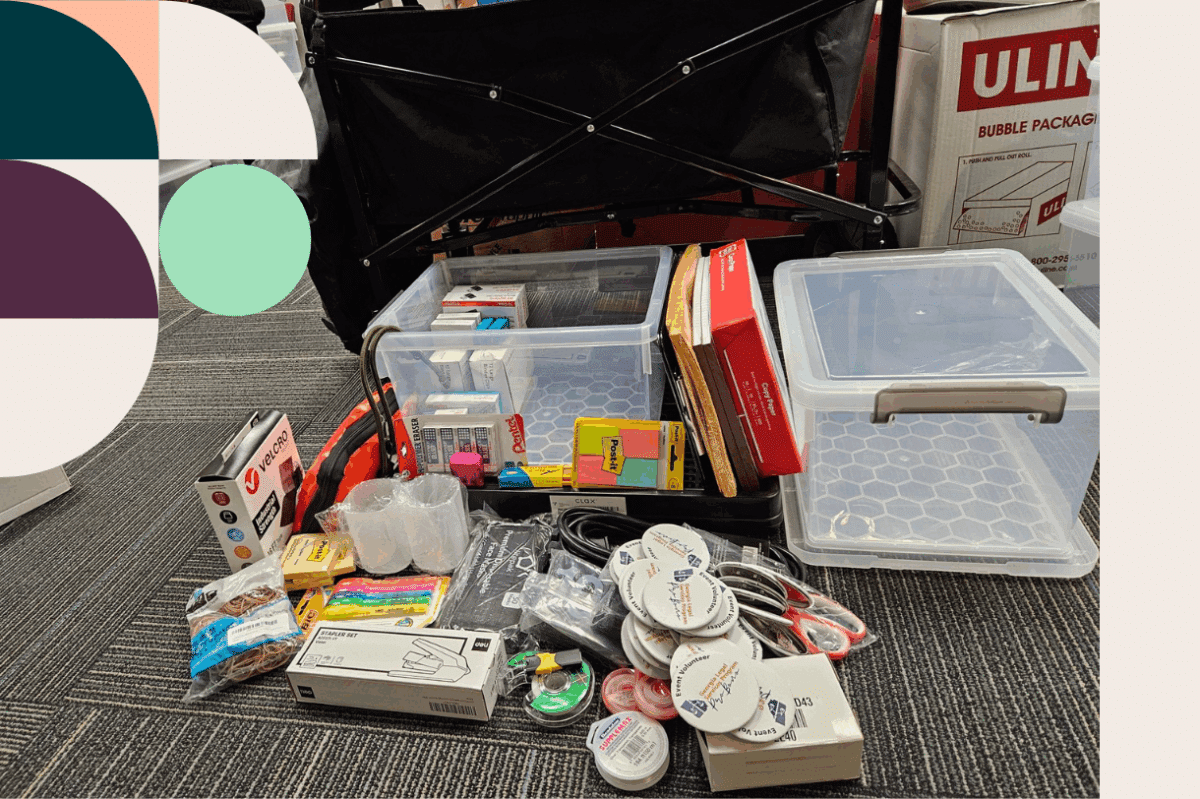Last year, justice tech companies saw unprecedented growth and funding as they led the way in improving access to legal services. Below are predictions from six leading justice tech founders on how the space will evolve in 2023:
- “In 2023, we will see justice tech find creative uses for natural language processing technologies, such as GPT. The models can be trained to assist with summarizing legal information, and with appropriate disclaimers, can provide a basic understanding to non-lawyers of their legal rights.” — Cami Lopez, Co-Founder and CEO at People Clerk
- “ChatGPT and AI will begin to seep into every corner of the justice system, and I cannot wait to see how it plays out. We are already starting to see some amazing products that have the potential to change the entire justice system and practice of law overnight. But as with any new technology, we should proceed slowly while remaining cautiously optimistic. Some will resist and some will dive in head first. At the end of the day though, ChatGPT & AI will continue to show us what’s possible and challenge us to continue the good work of creating a more efficient, effective and accessible justice system.” — Judge Scott Schlegel, District Court Judge for the 24th Judicial District Court of LA
- “The flywheel for legal productization is already spinning, and 2023 is the year it will accelerate. It has been estimated that by 2030, 90% of legal services will be delivered online. This shift from individualized legal services to scalable, unbundled delivery of legal (through legal apps) will dramatically impact the middle class. Consumerization is here (and lawyers, too, will benefit from the larger market of consumers).” — Dorna Moini, Founder, Documate
- “Two predictions: First, courts need to be updated and more accessible to people, so I predict there will be an effort to centralize court data and allow for, and perhaps even require, electronic filing across the country. Second, with 85% of people with a civil legal need unable to afford a lawyer, the public is going to start demanding change. I predict that many states will continue to explore and adopt rules allowing for non-lawyer legal services and technology enabled legal solutions.” — Noella Sudbury, CEO, Rasa
- “Recent advancements in artificial intelligence have the potential to radically transform the government’s ability to deliver key legal services more efficiently and cost-effectively, especially to its most marginalized communities. In 2023, I hope to see greater innovation within the public sector as government stakeholders actively seek to partner with technology entrepreneurs to promote greater access to justice.” — Devshi Mehrotra, Co-Founder and CEO, JusticeText
- “In 2023, we’ll see more collaboration between organizations across the public and private sector to accelerate access to legal services. The recent augmentation of tech solutions will facilitate bigger and bolder joint projects than what we’ve seen in the past, resulting in more innovative initiatives.” — Kristen Sonday, Co-Founder and CEO, Paladin




